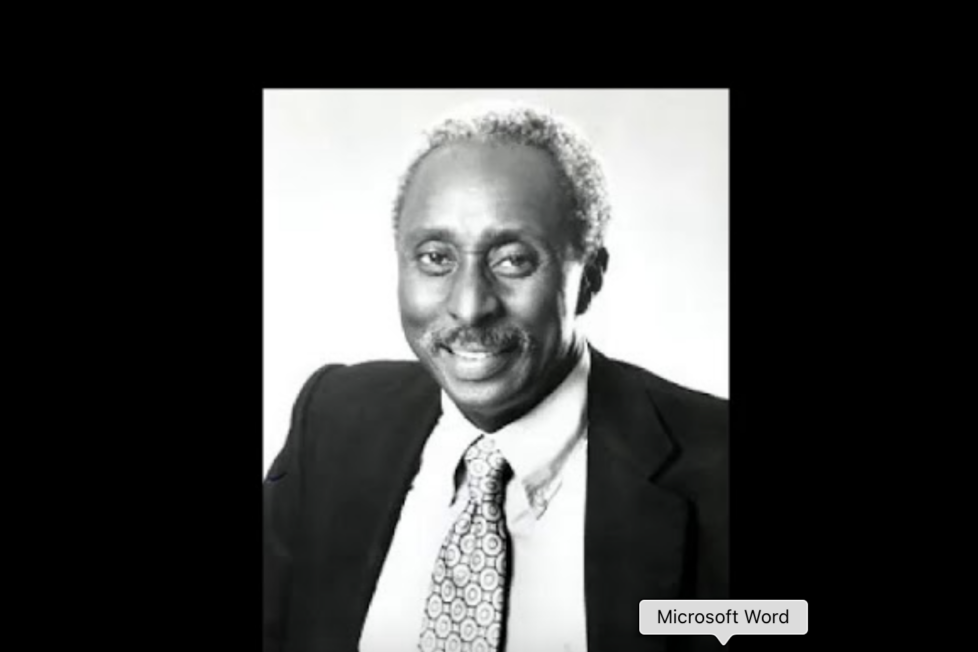The forgotten legacy of the Black man who blazed a trail for Stephen A. Smith and others to make millions


By: Stacy M. Brown, NNPA
In the glitzy world of sports talk radio, where mega-contracts make headlines and charismatic hosts dominate the airwaves, there is an unsung pioneer whose name rarely echoes through the halls of fame. As Tom Brady secured an industry-leading $375 million contract with Fox Sports, surpassing his legendary playing career earnings, and Jim Rome and Stephen A. Smith rake in tens of millions annually, there’s rarely a nod to the trailblazer who laid the foundation for this now lucrative profession — Art Rust Jr.
Rust was born in Harlem on October 13, 1927, and died in 2010 at 82. He was a maverick who changed the game of sports broadcasting. A graduate of Long Island University, Rust embarked on his broadcasting journey in the 1950s at New York radio station WWRL. His career included stints at WNBC, WMCA, and WINS Radio before he emerged as a pivotal figure with his groundbreaking show, “Sports Talk.”
While today’s hosts thrive on multi-million-dollar contracts and extensive coverage, Rust’s era was vastly different. Before the 1980s, sports talk radio and general sports coverage were limited to brief segments on the evening news and sporadic radio shows. Salaries barely covered the gas and tolls it took to arrive at a dusty Manhattan studio. Rust’s “Sports Talk” was a game-changer, giving fans a platform to engage in conversation for three hours every night. Not to mention, guests would include legends like Muhammad Ali, Sonny Liston, and Joe DiMaggio.
The “Walking Encyclopedia of Sports” finally had his moment in the spotlight during the tumultuous 1981 player/owner strike in baseball. Initially hired to host the Yankees pre-game show, Rust was on air every night from 6 p.m. to 9 p.m. during the summer strike, which birthed an all-sports talk radio show that captivated disheartened baseball fans and laid the groundwork for the likes of WFAN, which emerged in 1988 with an all-white crew and not even a mention or an invitation to Rust.
“Unlike today’s Sports Radio format, ‘The Art Rust Jr. Show’ was a lot more fan-friendly,” noted Steven C. Owens in an earlier piece for Medium. Rust’s wife, Edna, was an integral part of his journey, and her sudden passing in 1986 led him to honor her memory at the end of each show with a heartfelt “Good Night, Edna Baby.”
Rust’s impact remains undeniable. While Sirius XM’s Chris Russo, who got his big break at WFAN alongside Mike Francesca and others, raked in millions, Rust set the stage for their success. Steve Somers, a host at WFAN, acknowledged Rust’s role in shaping the station. “He certainly set the groundwork and the foundation for WFAN,” Somers asserted.
Rust affectionately referred to left-handed pitchers as “portsiders” and Yankee Stadium as “the big ball orchard in the South Bronx.” In his 1976 book, “Get That N****r Off the Field!” he recounted experiences of being a Black man in the world of baseball, highlighting the racial challenges he faced.
